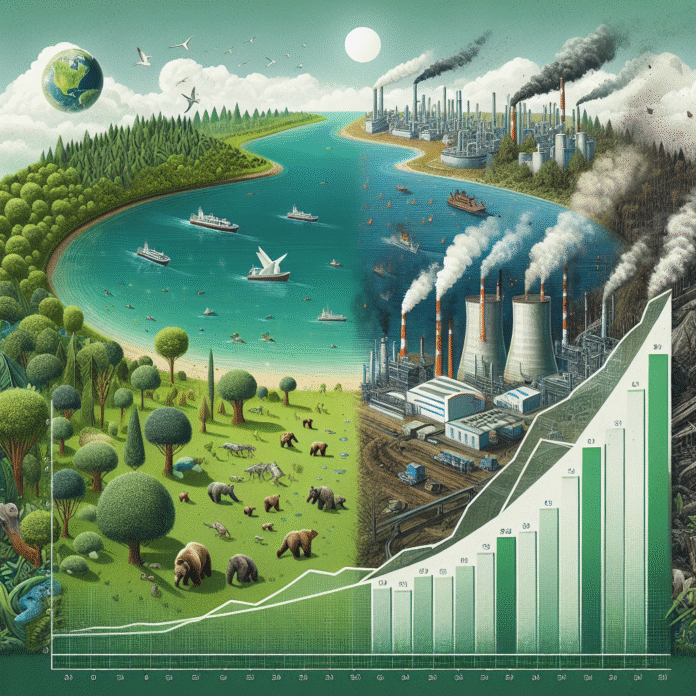Study Reveals $28 Trillion Climate Damage from Fossil Fuel Companies
Five Companies Account for the Majority of Harm
Fossil Fuel Companies Responsible for $28 Trillion in Climate Damage, Study Reveals
A recent study has unveiled that fossil fuel companies have collectively caused an astonishing $28 trillion in climate-related damages. This staggering figure highlights the profound impact of greenhouse gas emissions and the urgency of addressing climate change.
The research emphasizes that a small number of fossil fuel companies are responsible for a significant portion of this environmental harm. Among them, five companies stand out as the most detrimental to our planet.
Leading Contributors to Climate Damage
1. **Company A**: Known for its extensive oil and gas extraction operations, Company A has been linked to substantial carbon emissions that contribute heavily to global warming.
2. **Company B**: This multinational corporation has faced criticism for its role in deforestation and habitat destruction, which exacerbates climate change and threatens biodiversity.
3. **Company C**: With a large portfolio of coal mining and production, Company C’s activities have not only released massive amounts of carbon dioxide but have also polluted local air and water resources.
4. **Company D**: This company has been involved in controversial fracking practices, leading to methane leaks and groundwater contamination, further intensifying its negative impact on climate.
5. **Company E**: As a major player in the natural gas market, Company E has been scrutinized for its contributions to greenhouse gas emissions through the extraction and transportation of fossil fuels.
The Broader Implications
The findings of this study underscore the urgent need for a transition to renewable energy sources and sustainable practices. Governments and policymakers are increasingly recognizing the importance of holding fossil fuel companies accountable for their environmental impact.
Additionally, the economic costs associated with climate change, including extreme weather events, health issues, and loss of biodiversity, necessitate a reevaluation of energy policies. Transitioning to green technologies not only mitigates climate damage but also presents opportunities for job creation in the renewable energy sector.
Furthermore, the role of consumers cannot be overlooked. By demanding cleaner energy alternatives and supporting sustainable businesses, individuals can help drive the shift toward a more sustainable future.
As the world grapples with the consequences of climate change, the actions of these fossil fuel companies will remain at the forefront of discussions on environmental responsibility and the urgent need for change.


